Peace Among Rivals
“Isaac prayed to the Lord for his wife, because she was barren; and the Lord granted his prayer, and his wife Rebekah conceived. The children struggled together within her; and she said, “If it is to be this way, why do I live?””
Genesis continues (25:21-26):
So she went to inquire of the Lord. And the Lord said to her,
“Two nations are in your womb,
and two peoples born of you shall be divided;
the one shall be stronger than the other,
the elder shall serve the younger.”
When her time to give birth was at hand, there were twins in her womb. The first came out red, all his body like a hairy mantle; so they named him Esau. Afterward his brother came out, with his hand gripping Esau’s heel; so he was named Jacob.
—
I’ve been working my way through Genesis with the youth and this past Sunday we reached the story of Jacob and Esau.
Sibling rivalry runs throughout the book as a recurring theme: Cain and Abel, Isaac and Ishmael, Jacob and Esau, Leah and Rachel.
While these stories are very old, there are many timeless lessons to be learned from these stories which can apply to our modern lives.
Often the toughest relationships, those that cause us the most grief or stress are those that happen within our own families. God cares about how we treat those closest to us. God cares about our family units.
And God can use those relationships to teach us how to approach conflict.
On its face, the relationship between Jacob and Esau mirrors that of Cain and Abel. The story makes clear that there is a rivalry between the two sons and that they are different in temperament and in interests.
Esau is a hunter, a brawny man, much like Cain, and the favorite of his father. Jacob, on the other hand, is more domestic, a man of the tent and the favorite of his mother.
It is a tense relationship and Jacob will go on to trick and betray his older brother, deceiving his father in the process. Unlike the sibling rivalry between Cain and Abel, however, Jacob and Esau will eventually find resolution and even something like peace.
That peace-making meeting is several years in the distance and is preceded by Jacob’s wrestling match with God. It takes him a long journey to learn to be a peacemaker.
But there’s hope to be found in the fact that he gets there.
The text is explicit that this isn’t only a story about two brothers— it’s a story of two nations.
The Israelites, as they told this story to each other, would have known this story to be much bigger than a lesson about how to treat your sibling, but a story about how to treat your foreign neighbor.
The Edomites, who are represented by Esau in this story, were a neighboring nation with whom Israel was often in conflict.
A quick study will reveal that there are many less-than-savory comments about the Edomites throughout scripture.
The Biblical authors here are using this story to remind Israel that the one you consider an enemy— he is your brother. You come from the same ancestor.
The promise made to Abraham that all nations will be blessed through him, which will be fulfilled in the person of Jesus, is already in motion in the relationship between Jacob and Esau.
Jacob, in his flawed humanity, is already working toward reconciliation and reminding his descendants, the people of Israel, to do the same.
Is there someone in your life you need to make peace with?
Spend some time wrestling with God and perhaps that person will be revealed to you in prayer today.
Rev. Kelsey Lewis Vincent
Pastor for Youth & Families

